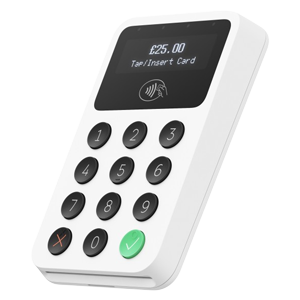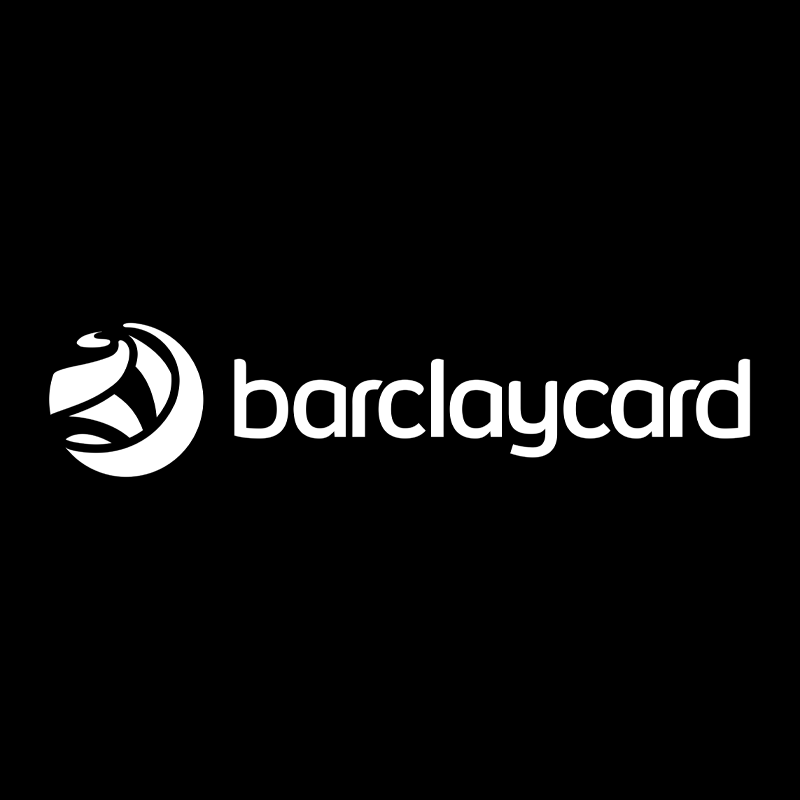
Best Merchant Accounts Compared: Our Verdict
Payment processors can unlock growth for your business, but which one is best for you? Payment
Get a quote in seconds with our simple form
Last updated 29/08/2025
While a completely no-credit-check merchant account is rare, especially for high-risk businesses, there are options available.
Some payment processors don’t rely on traditional credit checks for the businesses they work with. These types of payment processors are ideal for companies with either a poor credit rating or a lack of trading history.
One of the leading processors in this area is a company you’ve probably heard of… PayPal.
While a merchant account is usually provided by an acquiring bank, acting as a middleman between your business’s bank and your customer’s bank, PayPal provides a way to take payments without the requirement to even have a merchant account.
It works similarly to the kind of merchant account provided by Stripe or Takepayments (both of which are great options for larger businesses), at least in that it allows your business to take payments from customers using a card. There is, however, an important distinction between PayPal and what we will call ‘traditional’ merchant accounts.
PayPal is a payment aggregator, not a merchant account. This means all of the businesses that use PayPal have their payments processed through its single payment system. Importantly, this single payment system has a single merchant ID. Think of PayPal’s model as a big cash deposit, from which it pays all of the businesses that use it.
As you might have guessed, this is not how traditional merchant accounts work. Instead, they work by issuing each business that uses them a unique merchant ID, which works as a kind of digital identifier. The merchant account uses your merchant ID to funnel funds to your business bank account. The distinction is fairly technical, but it’s what divides a PayPal business account and a traditional merchant account.
In practical terms, if you and the business next door both have the same acquiring bank, you’ll have payments funnelled to you via two unique merchant IDs. If, however, you both use PayPal, you’ll have the same merchant ID.
Taking payments with PayPal simplifies the whole process of taking card payments; cutting out long applications, waiting periods and, most importantly, credit checks.
Please select the industry that you trade within. This information allows us to tailor your quote.
If you’ve found this page, you probably already know that many of the traditional merchant accounts are more likely to turn down applications from businesses with bad credit, so simplified options like PayPal can often look more attractive.
We’ve explored PayPal as an alternative option to a traditional merchant account, so you don’t have to. One thing that is clear from the outset is that, while PayPal falls down in some ways when compared to traditional merchant accounts, it is certainly the best choice of payment aggregators.
Its universal appeal, ease of use, compatibility, and ability to offer physical card machines (two of which made it onto our list of best card machines for small businesses) make PayPal stand above other payment aggregators and no-credit-check merchant accounts.

With PayPal for business, you’re able to connect with millions of PayPal users and give them an easy way to pay. If you’re online, PayPal can be integrated with your website’s checkout page, offering an easy and trustworthy way to pay for your customers.
PayPal also offers physical ways to pay with its range of card readers, some of which can be highly customised to create a purpose-built point of sale on your shop floor.
If you’re confused about anything you’ve just read, don’t worry. While this article focuses on the best no-credit-check merchant accounts for your business, we also have in-depth guides that fully explain everything else you need to know about taking payments. Explore below:

Starting with the more advanced option of a card machine, the PayPal terminal is great for small businesses that need a more feature-rich option. The terminal works as an all-in-one EPOS system, which allows you to manage stock levels, take bookings, and see sales reports on the go, making it ideal for fast-paced restaurants, bars, cafes, and shop floors.
Once you buy the reader outright, which will cost you a one-off £149, you will only pay the 1.75% transaction fee. There’s also the option to upgrade your system with a barcode scanner (for an extra £50), which elevates your customer experience with gift cards and vouchers. You can also use it with other accessories, like cash drawers and till systems, to create a fully purpose-built POS for your business.

The PayPal Reader’s low cost and lack of contract make it ideal for small businesses or start-ups. Once you buy the reader outright, which will cost you a one-off £69, you will only pay the 1.75% transaction fee. Although slightly higher than rates available elsewhere from traditional merchant accounts, it compares well to other machines that also come with a lack of a contract and is one of the simplest card machines on the market.
The machine’s fast payout time also compares well to other card machines available. Its fund transfer time is typically within two working days, which puts it days ahead of some of the other machines on the market. This, coupled with its ability to integrate with EPOS systems and other hardware like receipt printers and tablets, makes it a clear contender for your small business, as does its 12-month warranty.
Both PayPal business accounts and traditional merchant accounts offer comprehensive solutions to businesses, and the better choice ultimately depends on the size, type, and ambitions of your business.
While both offer payment solutions and work in pretty similar ways, the differences between them are enough to easily separate them.
Securing a PayPal business account is a fairly simple process. As part of your application, you need to provide your basic information, including your business name, address, and tax ID number.
You’ll also need to provide an email address, a business phone number, your legal business name, and your bank account information so you can accept payments. Once you have provided the required information, you can create a PayPal business account. You can then accept payments for your goods and services.
If you’d like to do some more research on your options, we’ve written an article about how to open a merchant account, which could be helpful for you. As well as this, you can read our article on the best merchant accounts for small businesses.
Though many merchant accounts are free to set up, they will come with a basic fee that they charge for transactions. This will be a certain percentage of the purchase price and may change depending on the volume of transactions.
The fees a merchant account charges are an important consideration when it comes to choosing the merchant account for you.
A merchant account allows you to securely accept credit and debit payments.
A merchant account is needed to facilitate the movement of money from your customer’s bank account to your bank account so, if you want to take electronic payments, you need to get yourself a merchant account.
No. While most merchant account providers will do a credit check on your business, some don’t have this as a requirement. Though you should do your own research to find the best merchant account for your business, we can help you access your options.
PayPal business accounts are free to open, but it charges a fee for each transaction processed through its merchant services.

Payment processors can unlock growth for your business, but which one is best for you? Payment

While having a merchant account boosts profits, understanding their cost is important. While having a merchant

Barclaycard provides merchant accounts to small and large businesses. Barclaycard provides merchant accounts to small and




Commercialexperts.com helps savvy UK businesses to save time and money by comparing a wide range of essential products and services.
© TFLI 2025 All rights reserved. Licenced by the Information Commissioners Office, (Registration Number Z3585914) Registered in the UK, number 08424810. Registered Office Address: First Floor, Beechwood Court, Springwood Way, Tytherington Business Park, Macclesfield, Cheshire. SK10 2XG.